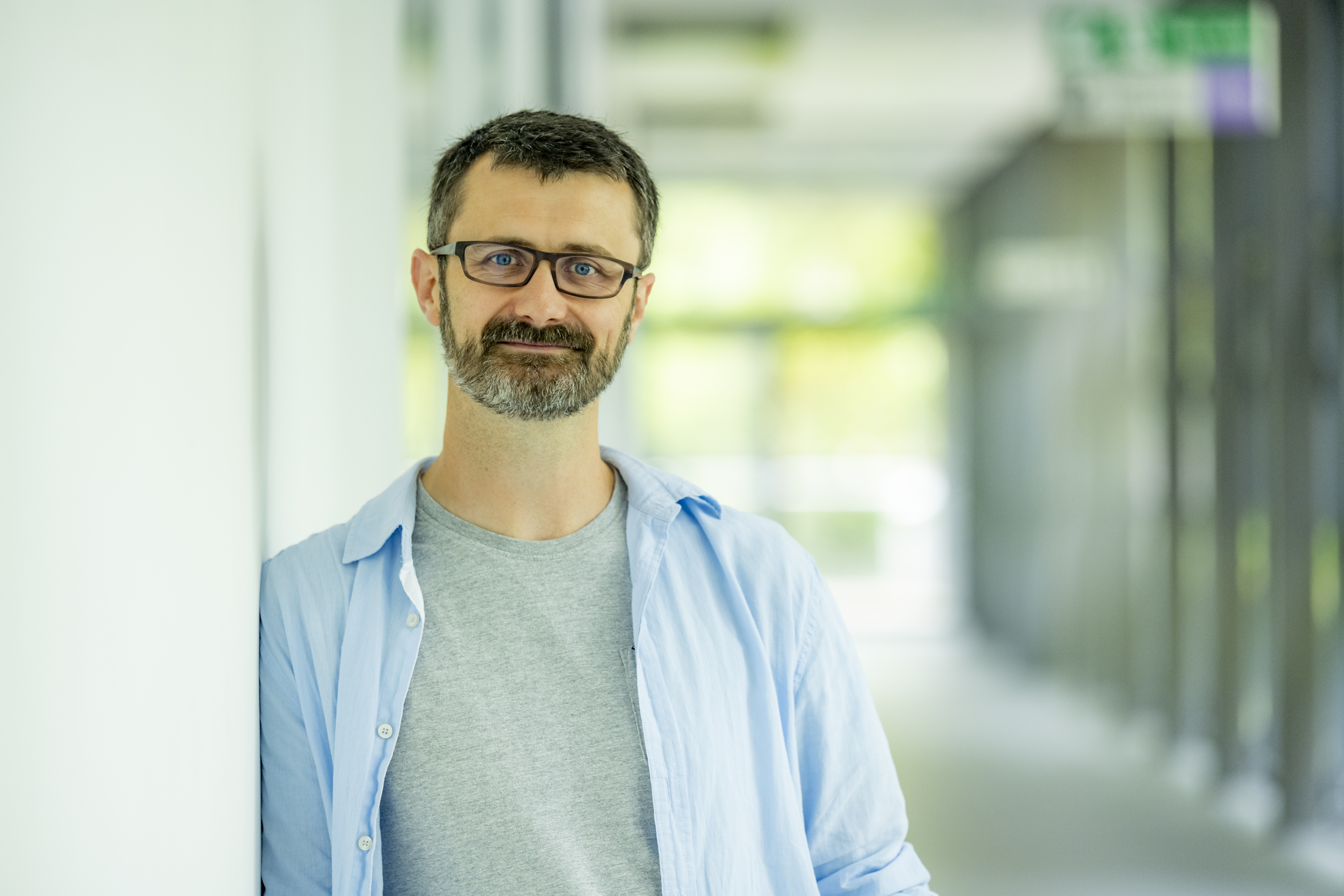UK-RSE Survey 2017: Invitation to participate
Posted on 9 May 2017
UK-RSE Survey 2017: Invitation to participate
We need your help with our campaign for Research Software Engineers (i.e. software experts who work in academia).
Last year's survey [1] allowed us to prove that software experts make a huge contribution to research, but often go unacknowledged and are paid less than their research counterparts. To continue our success with this campaign, we need to track how the community evolves over time, so please complete our survey.
It takes around 15 minutes and all demographic questions are non-mandatory.
It would be very helpful if you could spread the word to any software experts you know who work in academia, or anyone who employs software experts in academia.
[1]: See RSE State of the Nation Report 2017, page 21.
About the survey
The purpose of this survey is to collect information about people who develop software that is used in research. We call these people Research Software Engineers (RSEs), but they use many different job titles (including postdoctoral researcher and research assistant).
Please note that this research is not compulsory and even if you decide to participate you can withdraw at any moment.
This study is conducted by the University of Southampton on behalf of the Software Sustainability Institute and complies with University of Southampton ethics guidelines (reference no.: ERGO/FPSE/25269). The investigators are Simon Hettrick and Olivier Philippe. The survey is hosted on Limesurvey servers in Germany and respects the provisions of the Data Protection Act. These records are anonymised and access is strictly protected and granted to the main researchers only. The results of the survey will be released publicly but only after they have been processed to ensure that individual respondents can not be identified. The results will be released under a Creative Commons by attribution, non-commercial licence.

